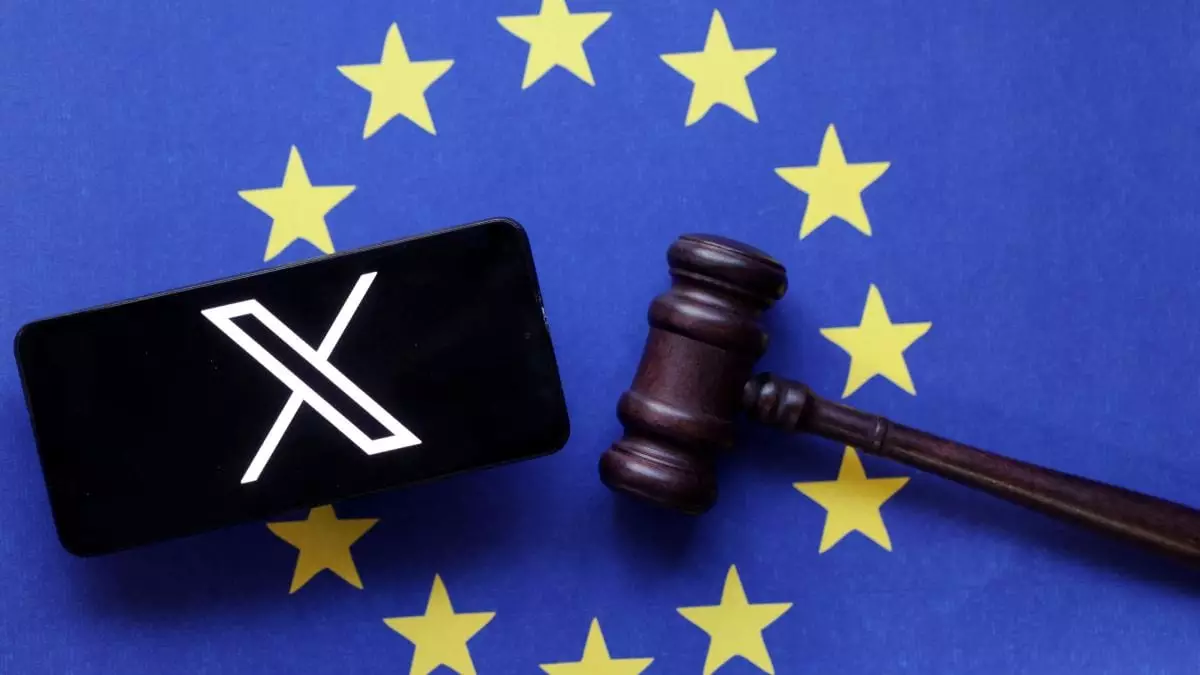The Digital Markets Act (DMA) represents a significant shift in how the European Union intends to regulate large technology firms. This legislation is designed to establish a framework that identifies and manages what the EU deems ‘gatekeepers’—companies with vast influence over the digital economy. These criteria include having more than 45 million monthly active users and a market capitalization exceeding 75 billion euros. Such companies are expected to facilitate fair competition by allowing interoperability among messaging services and granting users autonomy in app choices on their devices.
Recent insights suggest that Elon Musk’s social media platform, X, may not fall under this stringent regulatory umbrella. A source familiar with the situation disclosed that X does not meet the established criteria to be classified as a gatekeeper. This situation raises crucial questions about the implications for the platform’s operations in Europe if it remains outside the purview of the DMA.
X has taken a firm stance, asserting its belief that it does not qualify as an essential gateway connecting businesses with consumers. This self-assessment could be a strategic move to avoid regulatory scrutiny and the accompanying obligations that come with the gatekeeper designation. By maintaining that it operates outside the confines of the DMA, X might escape the necessary adaptations required for compliance. However, while this could potentially ease operational hurdles in the short term, it may also lead to long-term consequences as the platform navigates an increasingly competitive and regulated environment.
Despite its potential exemption from the DMA, X faces substantial challenges under the recently enacted Digital Services Act (DSA). The DSA introduces heightened responsibilities for large online platforms to combat illegal and harmful content actively. This includes implementing robust content moderation policies and taking decisive action against misinformation. The DSA’s enforcement mechanisms are rigorous, with penalties for non-compliance reaching up to 6% of a company’s global annual turnover—a figure that could be financially devastating, especially for a platform grappling with user engagement issues.
Ongoing investigations into X under the DSA indicate that regulators are keenly observing the platform’s content management practices. These inquiries could lead to tighter controls and substantial financial liabilities if X fails to meet the DSA’s standards.
The landscape for digital platforms in Europe is becoming increasingly complex, where compliance with varied regulatory frameworks is paramount. While X may temporarily sidestep the DMA’s requirements, the pressure is mounting from the DSA’s stipulations. As the EU continues to emphasize accountability in the tech sector, X’s strategy will need to evolve to address these regulatory challenges effectively. The platform’s ability to navigate these waters will likely shape its future, not only in Europe but also in influencing how other markets may regulate digital giants moving forward. The stakes are high; thus, X must act prudently to protect its interests and user base.


Leave a Reply